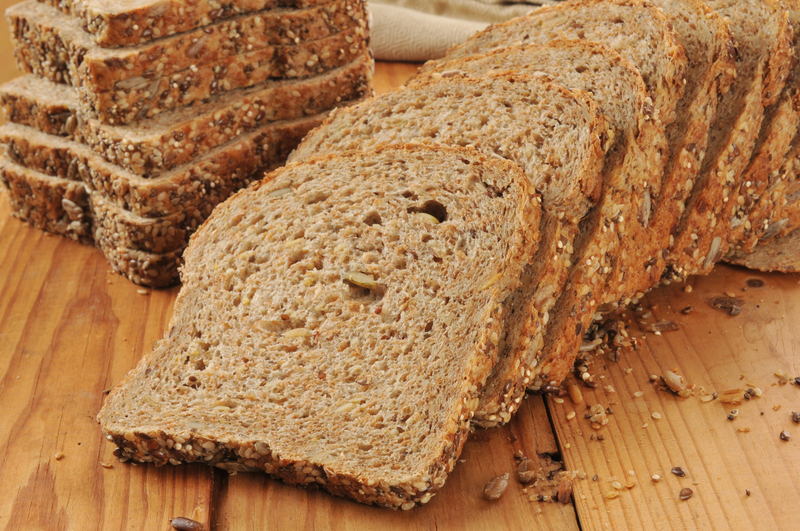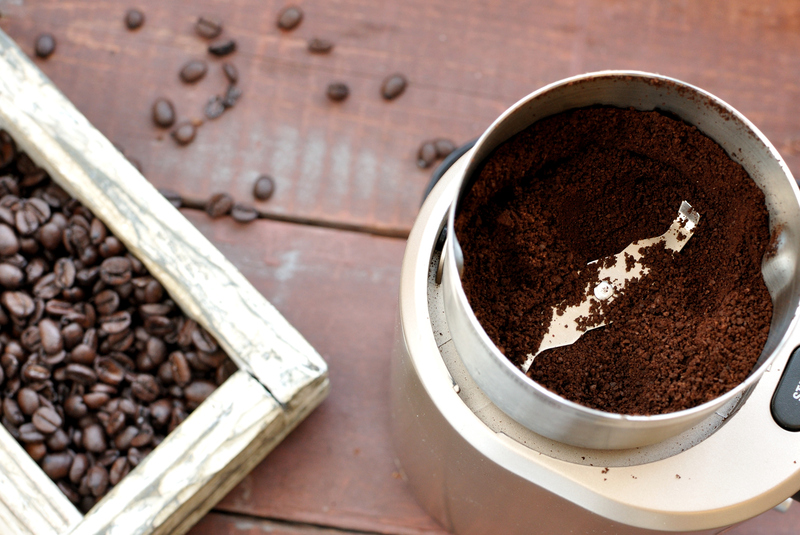Effective Methods for Grease Stain Removal
Posted on 10/05/2025
Grease stains can be notorious for their resilience and difficulty to remove. Whether it's a dollop of butter on your shirt, motor oil on your garage floor, or cooking grease on your kitchen counter, these stubborn stains seem to have a way of embedding themselves into surfaces and textiles. Fortunately, with the right methods and materials, you can tackle grease stains effectively. This article elaborates on several techniques and tips to help you master the art of grease stain removal.
Understanding Grease Stains
Before diving into how to remove grease stains, it is important to understand what makes grease so tough to get rid of. Grease stains are usually composed of lipids and fats, which are hydrophobic and do not naturally mix with water. This characteristic makes water alone ineffective for removing grease stains. Additionally, the longer a grease stain sits, the more entrenched it becomes, bonding with fibers and surfaces at a molecular level.

Common Household Solutions for Grease Stain Removal
Dish Soap and Hot Water
One of the most immediate solutions you can use is dish soap, which is specially formulated to cut through grease. Apply a generous amount of dish soap directly onto the stain. Using a brush or your fingers, gently work the soap into the fabric or surface. Let it sit for a few minutes before rinsing with hot water. Repeat as necessary.
Baking Soda and Vinegar
Baking soda is another household staple that is effective for grease stain removal. Sprinkle baking soda liberally over the stained area. Let it sit for 10-15 minutes to absorb the grease. Then, spray the area with vinegar. The chemical reaction between baking soda and vinegar helps to lift the stain. Finally, scrub the area with a sponge or brush and rinse with water.
Lemon Juice and Salt
Lemon juice is a natural degreaser due to its acidic nature. Combine lemon juice with salt to create a gentle abrasive solution. Apply this mixture to the stain and scrub gently. After allowing it to sit for about 10 minutes, rinse thoroughly with water. This method is particularly effective for lighter grease stains and also leaves a pleasant citrus scent.
Specific Solutions for Different Types of Surfaces
Fabric
Treat fabric grease stains as soon as possible. Start with dish soap and hot water, as mentioned earlier. If the stain persists, try soaking the fabric in a mixture of water and white vinegar (1:1 ratio) for about 30 minutes, then laundering as usual. For stubborn stains, a commercial pre-wash stain remover can also be effective.
Carpets and Upholstery
Carpets pose a special challenge due to their fibers. Sprinkle cornstarch or talcum powder on the stain to absorb the grease. Let it sit for at least 15 minutes before vacuuming. Follow up by applying a mixture of water and dish soap to the stain, scrubbing gently with a brush. Blot with a clean cloth and repeat as necessary.
Hardwood Floors
For grease stains on hardwood floors, sprinkle baking soda on the stain and rub it in gently with a damp cloth. Avoid soaking the wood, as excessive moisture can damage it. Dry the area with a clean towel to remove any residual moisture.
Kitchen Appliances and Surfaces
Grease stains on kitchen surfaces and appliances, such as countertops and stovetops, can be cleaned using a mixture of baking soda and water to form a paste. Apply the paste to the stained area and let it sit for 10-15 minutes. Scrub gently with a sponge or a scrubbing brush, then wipe clean with a damp cloth.
Commercial Products for Grease Stain Removal
There are numerous commercial products designed specifically for grease stain removal. Look for degreasers such as Goo Gone, Simple Green, and Zep. These products are formulated to break down grease molecules, making them easier to clean. Be sure to follow the manufacturer's instructions for the best results.
Detergents with Enzymes
Enzyme-based detergents are particularly effective in breaking down grease stains on fabrics. These detergents contain enzymes like lipase that target and break down fat molecules. Pre-treat the stain with the detergent and let it sit for a few minutes before washing as usual.
Preventive Measures
The best way to deal with grease stains is to prevent them altogether. Use grease shields while cooking, lay down mats in areas prone to grease spills, and wear protective clothing when dealing with motor oil or other greasy substances. Regular cleaning and maintenance also go a long way in preventing severe stains.

Professional Cleaning Services
For particularly stubborn or extensive grease stains, professional cleaning services can be a worthwhile investment. Professional cleaners have specialized tools and chemicals that are not readily available to consumers. They can tackle deep-set and large-scale grease stains effectively and efficiently, ensuring your surfaces return to their original condition.
Conclusion
Grease stains, while challenging, are not invincible. Armed with the right methods and materials, you can tackle these stubborn stains effectively. From common household solutions like dish soap and baking soda to commercial degreasers and enzyme-based detergents, a variety of options are available to suit different types of stains and surfaces. Preventive measures and professional services can further assist in maintaining cleanliness and prolonging the lifespan of your fabrics and surfaces.
By understanding the nature of grease and employing these tested methods, you can ensure that grease stains don't take the shine away from your belongings. So the next time you encounter a grease stain, you'll know exactly how to handle it.
Latest Posts
AGA Cookers vs. Rayburn Cookers
Choosing the Best Carpet for Your Home
Eliminating Grease Stains on Clothes





